
Intro to Africana Studies SP21 (AFST-10000-01)
AFST 10000. INTRODUCTION TO AFRICANA STUDIES Interdisciplinary foundation course presents overview of the historical, social, psychological, political, economic, and cultural experiences of all the major branches of people of African descent. Course focuses on the contributions and achievements of Africana people, with some emphasis on African Americans, and it explores the concerns as well as the challenges they face. Students are introduced to African-centered perspectives of prominent continental and diasporic scholars, artists, and activists, who mostly challenge the tenets and assumptions of the dominant cultural and intellectual paradigms. [AH, C, HSS, D]
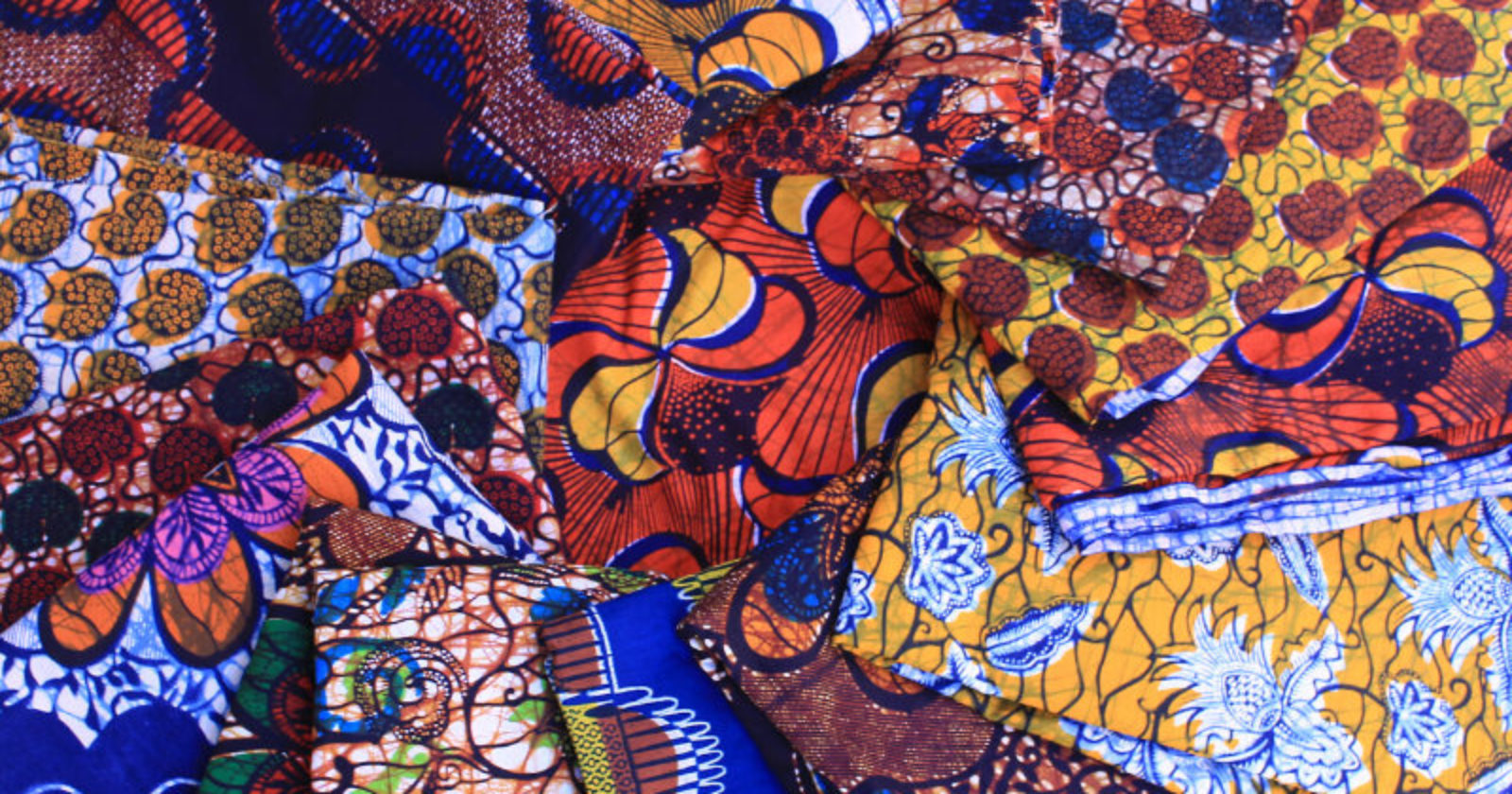
Black Aesthetics SP21 (AFST-20032-01)
AFST 20032. Black Aesthetics This course will examine the development of the Black Aesthetic from its genesis in the 1920s, through the Black Arts Movement and into the contemporary period. Students will examine primary source documents and artistic/creative expressions from a range of disciplines (including dance, music, literature, and visual art) to identify Black performance/expressive aesthetics and to engage art as a mechanism through which culture, politics, and identity may be ascertained.
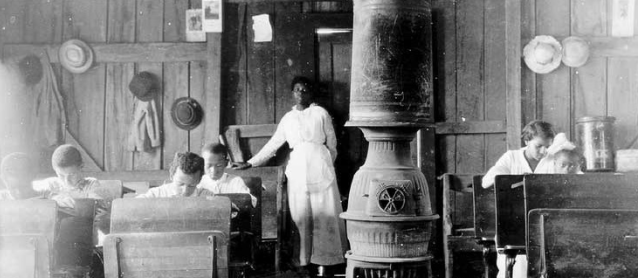
Ed of Africana Child SP21 (AFST-20033-01)
AFST 20033. Ed of Africana Child This course will examine the educational experiences of Black students throughout the diaspora. Starting with colonial forms of education, the readings will explore oppressive forms of education. This includes, but is not limited to, the education of enslaved African Americans, the education of Congolese under Belgian rule, the education of Kenyans under British rule. The course will examine African-centered educational systems, liberation schools, and other educational systems created by Africana people, for Africana students.

Racism 101 SP21 (AFST-21300-01)
AFST 21300. RACISM 101 Americans have historically found it difficult to discuss issues of racism openly. This course examines the historical foundations of racism towards Blacks as a vestige of chattel slavery in the United States. It explores various manifestations of racism in Black-White relationships in contemporary American society. [C, HSS, W, D]
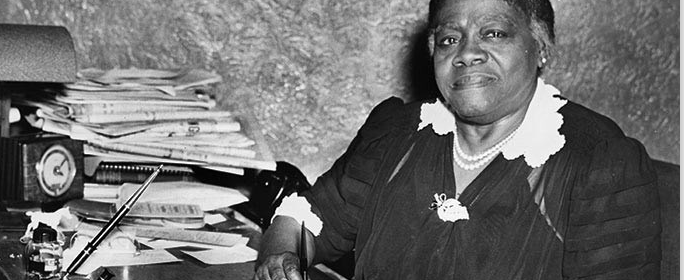
Black Wmn America 1619-1960S SP21 (AFST-24000-01)
AFST 24000. BLACK WOMEN IN AMERICA FROM 1619 THROUGH THE 1960S This class focuses upon the intersectionality of oppressions black women experienced in America from earliest times through the Civil Rights Movement. It examines the exploitation of their labor to foster U.S. capitalism, patterns of their disenfranchisement by social, cultural, and political institutions, as well as the creation of negative images and stereotypes to justify their exclusion, and it explores how African American women historically responded to and resisted these interlocking oppressions. [C, HSS, D]

Readings in Africana Studies SP21 (AFST-30000-01)
AFST 30000. CRITICAL READINGS IN AFRICANA STUDIES Advanced special topics seminar focuses on critical issues in a variety of locations and time periods crucial to understanding Africana Studies. Possible readings include the works of John Bracey, W.E.B. Du Bois, Frantz Fanon, C.L.R. James, John Hope Franklin, Fannie Lou Hammer, Vincent Harding, Benjamin Mays, August Meier, Joanne Robinson, Carter G. Woodson, C. Van Woodward, etc. [D, AH, HSS]
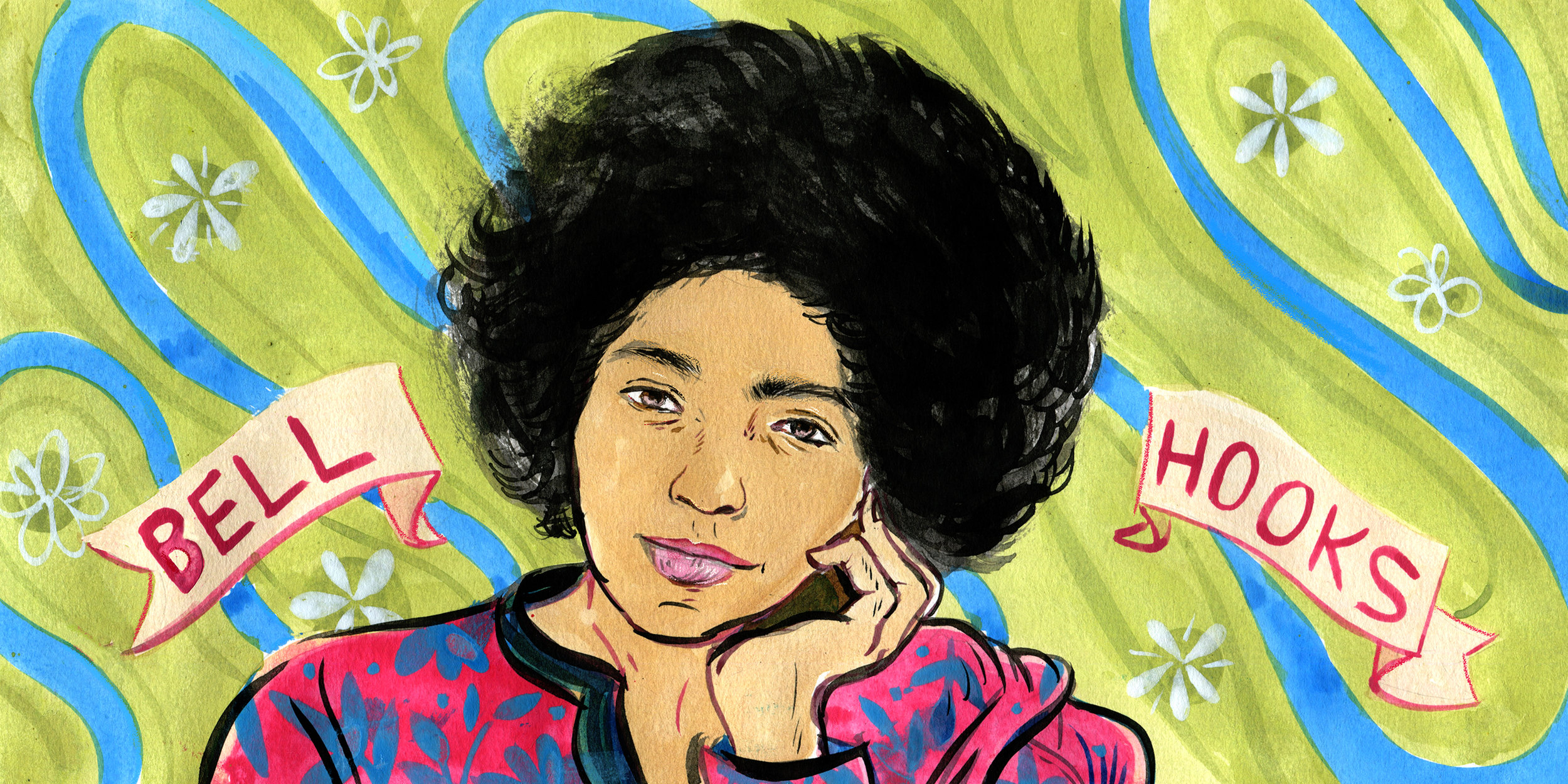
Independent Study SP21 (AFST-40100-02)
AFST 40100. INDEPENDENT STUDY Group tutorial taken during one semester of the junior year includes bibliographic and methodological instruction and a written essay/project designed by the student. Special attention will be given to the disciplinary concerns in the humanities and social science areas of Africana Studies.
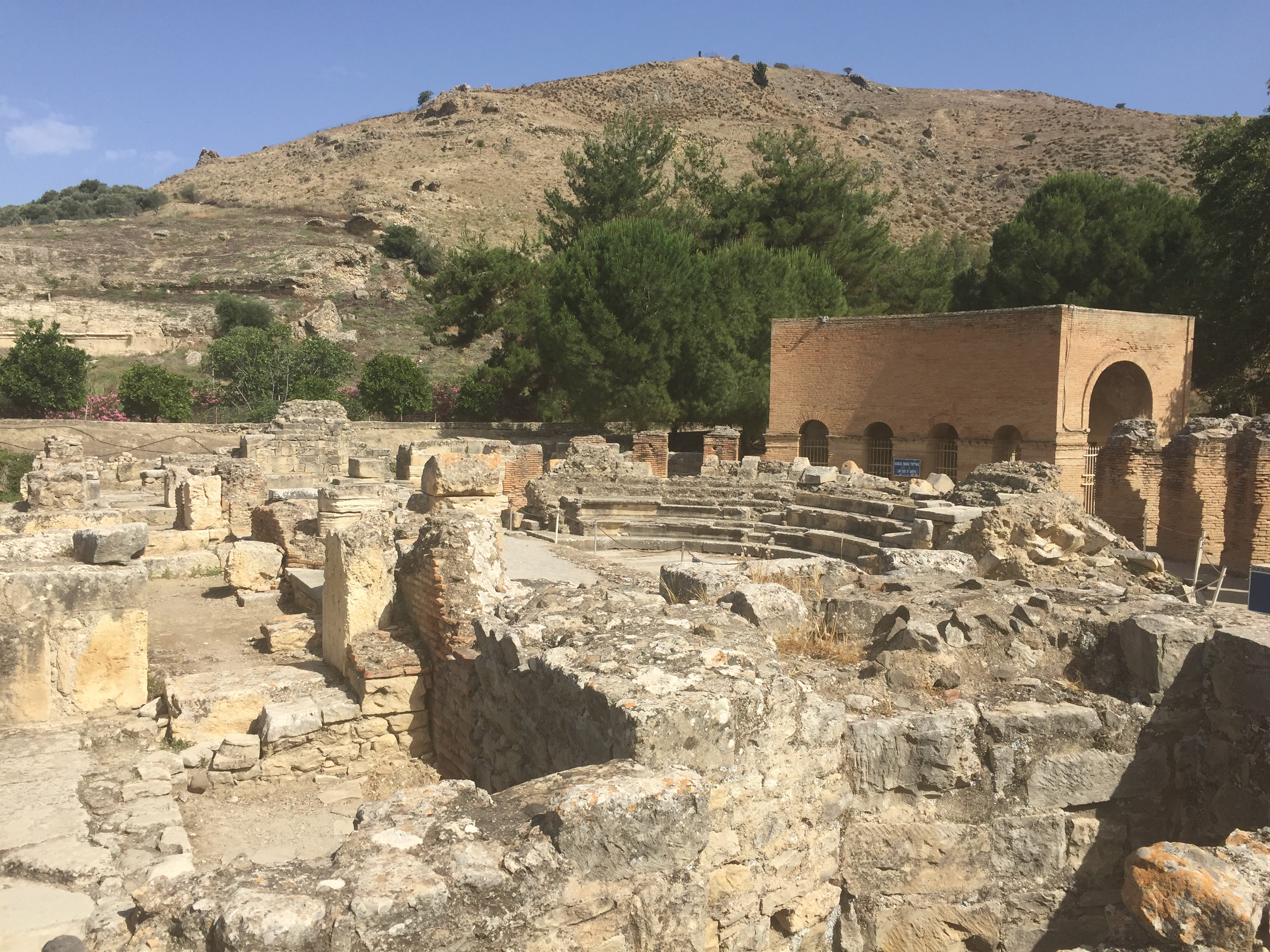
Ancient Theater: Trag & Comedy SP21 (AMST-22100-01)
AMST 22100. ANCIENT THEATER: TRAGEDY AND COMEDY An examination of the drama of the ancient world. Particular attention may be paid to Greek and Roman representations of Persia, Egypt, and other ancient cultures. Other themes may include the origins of comedy and tragedy, theories of drama, stagecraft, costuming, and the classical tradition. Plays vary but may include Aeschylus Persians, Sophocles Oedipus, Euripides Medea and Bacchae, Aristophanes Lysistrata, and the Roman comedies of Plautus and Terence. [AH]
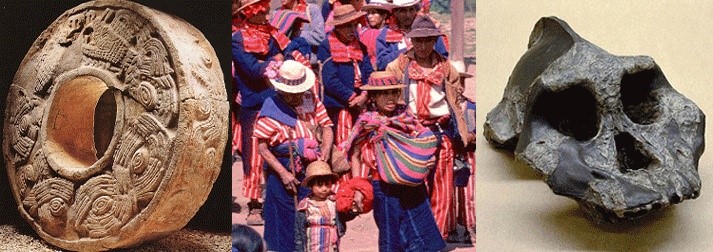
Intro to Anthropology SP21 (ANTH-11000-01)
ANTH 11000. INTRODUCTION TO ANTHROPOLOGY An introduction to the five fields used by anthropologists to explore broadly the variety of human groups that have developed across the globe and throughout time. The five fields include biological, cultural, linguistic, applied anthropology, and archaeology. The course will prepare students to take a holistic perspective on contemporary human cultures. It will also foster an appreciation of cultural relativity in the sense of understanding other cultures in their own terms as coherent and meaningful designs for living. [C, HSS, D, GE]

Intro to Anthropology SP21 (ANTH-11000-02)
ANTH 11000. INTRODUCTION TO ANTHROPOLOGY An introduction to the five fields used by anthropologists to explore broadly the variety of human groups that have developed across the globe and throughout time. The five fields include biological, cultural, linguistic, applied anthropology, and archaeology. The course will prepare students to take a holistic perspective on contemporary human cultures. It will also foster an appreciation of cultural relativity in the sense of understanding other cultures in their own terms as coherent and meaningful designs for living. [C, HSS, D, GE]

Intro to Anthropology SP21 (ANTH-11000-03)
ANTH 11000. INTRODUCTION TO ANTHROPOLOGY An introduction to the five fields used by anthropologists to explore broadly the variety of human groups that have developed across the globe and throughout time. The five fields include biological, cultural, linguistic, applied anthropology, and archaeology. The course will prepare students to take a holistic perspective on contemporary human cultures. It will also foster an appreciation of cultural relativity in the sense of understanding other cultures in their own terms as coherent and meaningful designs for living. [C, HSS, D, GE]
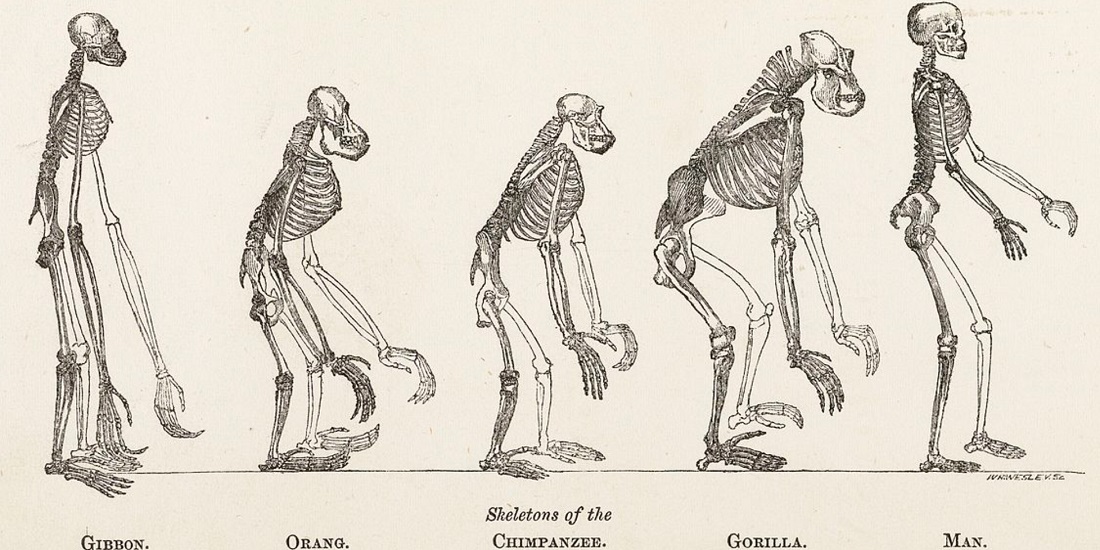
Physical Anthropology SP21 (ANTH-21000-01)
ANTH 21000. PHYSICAL ANTHROPOLOGY An introduction to the role of physical anthropology in defining humans as biological and cultural entities. This course examines a variety of topics, including the genetic basis for evolution, primate behavior, the process of primate and human development, and contemporary variation among human populations. [C, HSS, MNS, D, GE]

Linguistic Anthropology SP21 (ANTH-22000-01)
ANTH 22000. LINGUISTIC ANTHROPOLOGY A critical analysis of language and all other forms of human communication within the context of culture and society, human thought, and behavior. Special attention is paid to the relationships between culture and language, the social uses of language, language as a model for interpreting culture, language and all forms of non-verbal communication within speech interactions. [C, HSS]
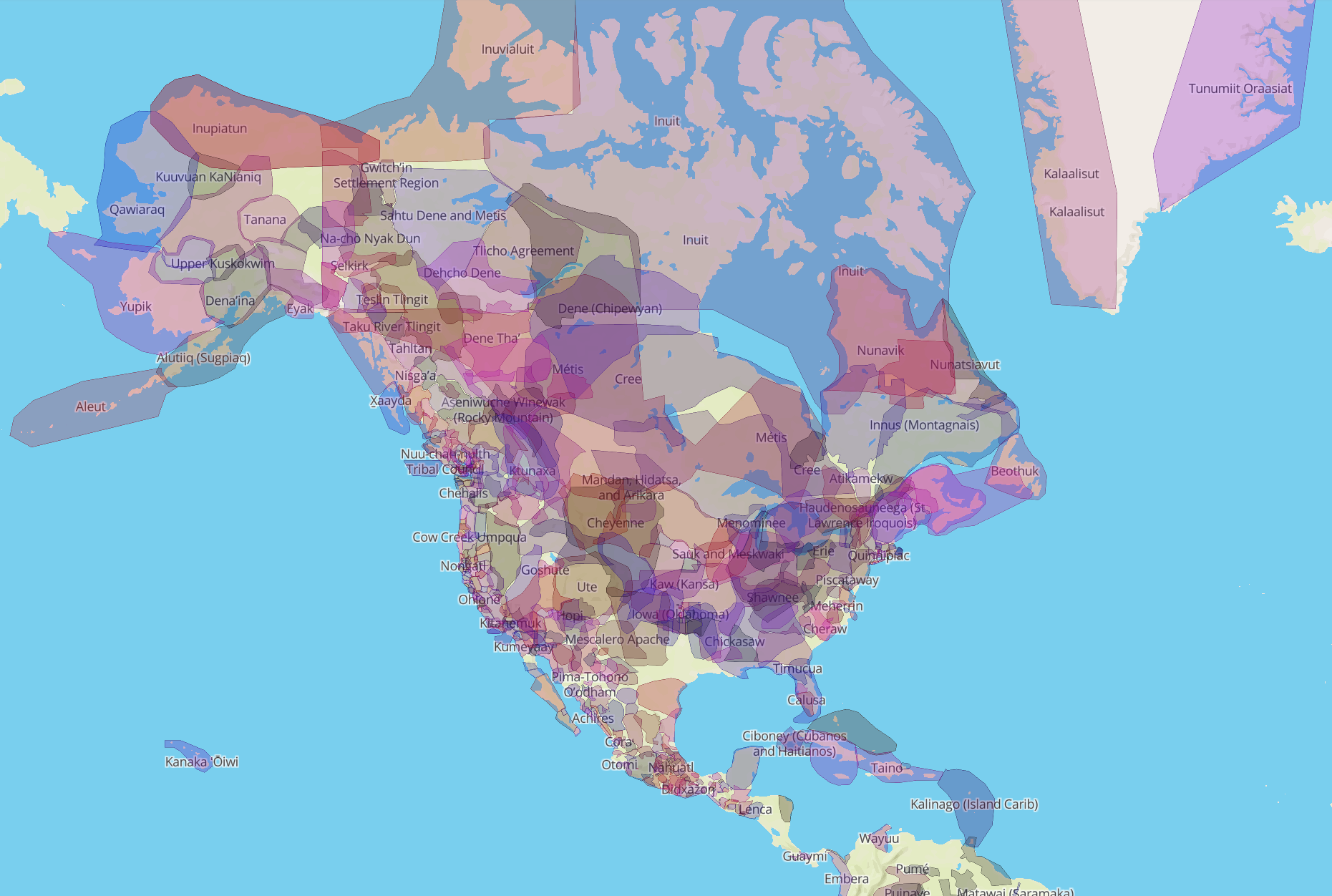
People & Cultures: Native Amer SP21 (ANTH-23112-01)
ANTH 23112. PEOPLE & CULTURES: NATIVE AMERICANS This course offers anthropological and interdisciplinary perspectives on a wide range of contemporary issues impacting Native American communities. Some of the topics we will explore include settler colonialism, Indigenous identity, federal and tribal law, the politics of representation, media, art, cultural appropriation, race, gender, class, and sovereignty. In all these cases, we will situate what we learn in political and historical context. You will come to learn about the cultural diversity of different Native American nations, peoples, and communities including how they have created, confronted, and resisted particular histories and politics over time. [C, HSS]

Migration, Globalization, & Tr SP21 (ANTH-29904-01)
ANTH 29903. Migration, Globalization, and Transnationalism This course examines how meaning is made, and changes, through circulation as gestures, objects, people and ideas move across boundaries. The ways different communities interpret ideas, objects, and practices vary, and understanding these differences are key to understanding how social systems and power systems are created and reproduced. After introducing core theories of globalization and transnationalism, our course readings focus on a variety of contexts where bodies, objects or ideas cross borders and boundaries: migration for labor or citizenship, conversion and religious diffusion, transnational NGOs and development, international environmental movements, and the circulation of media, images, and transnational art exhibitions.

Contemp Anthropological Theory SP21 (ANTH-35200-01)
ANTH 35200. CONTEMPORARY ANTHROPOLOGICAL THEORY This course introduces students to important theoretical perspectives in sociocultural anthropology over the past half century. We begin with the broad paradigms that dominated anthropology till the 1980s, such as functionalism, cultural materialism, and cognitive and symbolic anthropology, and then move on to critical theory and to postmodern and feminist critiques, as well as theoretical work in selected subfields, such as medical anthropology. For each theoretical tradition covered, we focus on understanding its main ideas and underlying assumptions, situating its emergence in historical perspective, comparing and contrasting it with other theoretical approaches, and assessing its implications for understanding contemporary social issues. The course should prove useful to students who are searching for a research problem and theoretical framework for their senior independent study project. The final project for the course will involve developing a research p

Independent Study Thesis SP21 (ANTH-45200-04)
ANTH 45200. INDEPENDENT STUDY THESIS The second semester of the Senior Independent Study project, which culminates in the thesis and an oral examination.
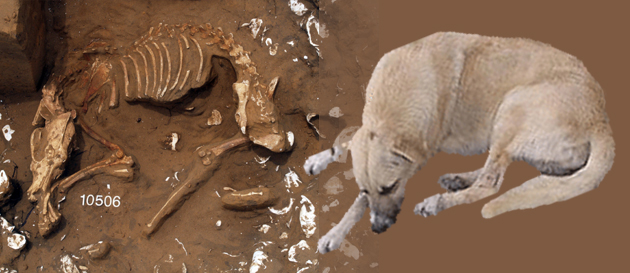
Fundamentals of Zooarchaeology SP21 (ARCH-21909-01)
ARCH 21909. Fundamentals of Zooarchaeology Whether as pets, food, or adversaries, animals have always played a critical role in human societies. How do we study human-animal relationships in the past? Zooarchaeology is the study of animal bones from archaeological sites. Zooarchaeologists can investigate a range of issues, from human subsistence strategies, to ritual practices, to paleoenvironmental and paleoclimatic reconstructions. This is contingent upon reliable identification and interpretation of animal remains from archaeological sites; and this is the focus of this hands-on course. This class is divided into three parts. The first part of the class consists of lectures that explore the history and fundamentals of zooarchaeology, and labs in which you will learn to recognize the skeletal anatomy of different classes of vertebrates, including: mammals, birds, fish, and reptiles. In the second part of the class you will learn the basic methods of bone identification, recording, and quantification, while
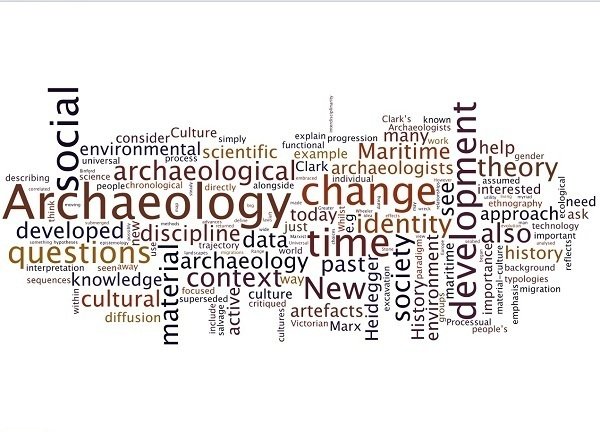
Archaeological Methods & Thry SP21 (ARCH-35000-01)
ARCH 35000. ARCHAEOLOGICAL METHODS AND THEORY This course is an in-depth study of the methodological and theoretical foundations of archaeology. The student becomes familiar with the process of archaeological reasoning - the assumptions, models, and techniques scholars use to analyze and interpret the material record. Topics include dating techniques, systems of classification, research design, and central debates in modern theory. Students work with materials in the Archaeology Lab. [HSS, W, D]
